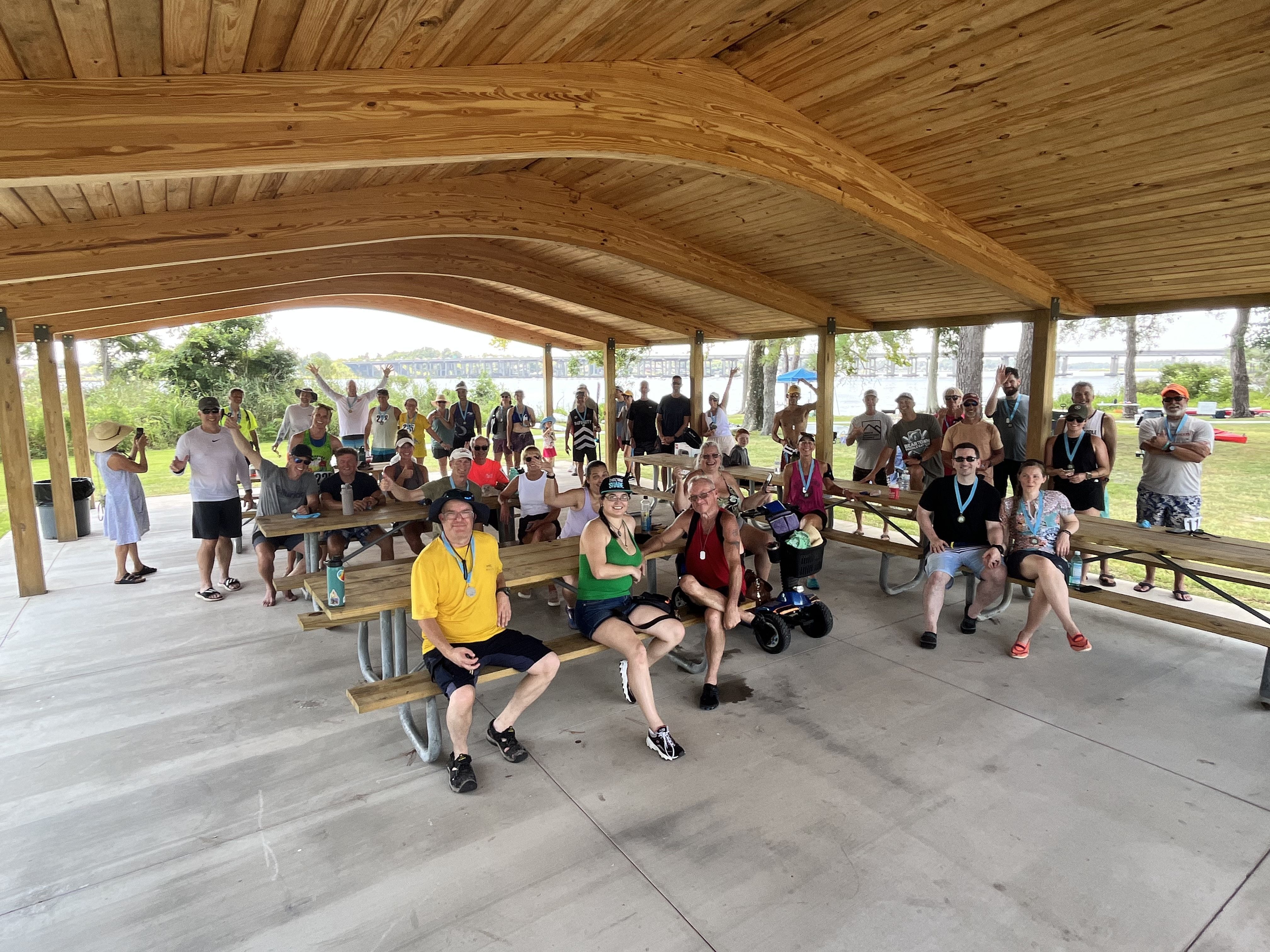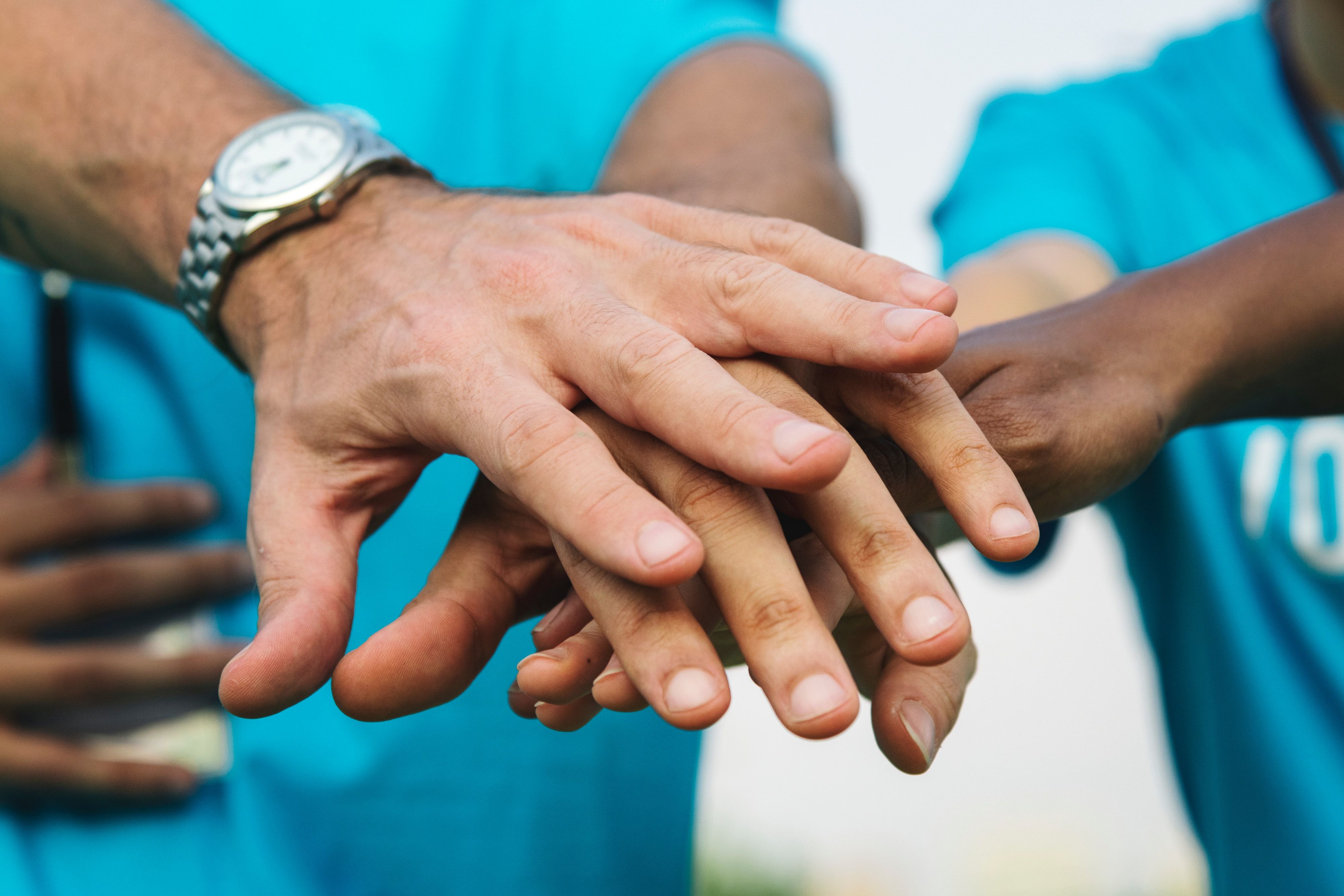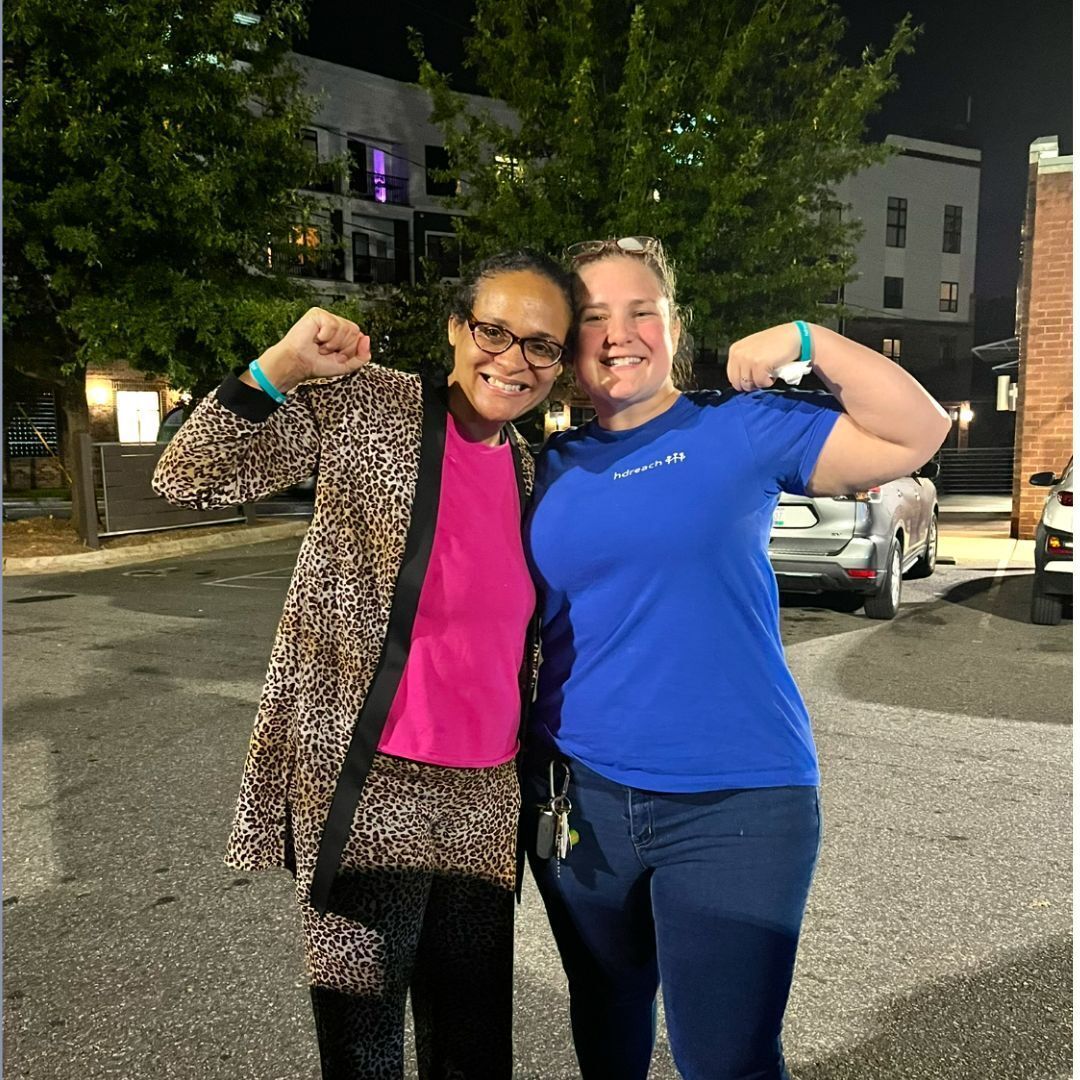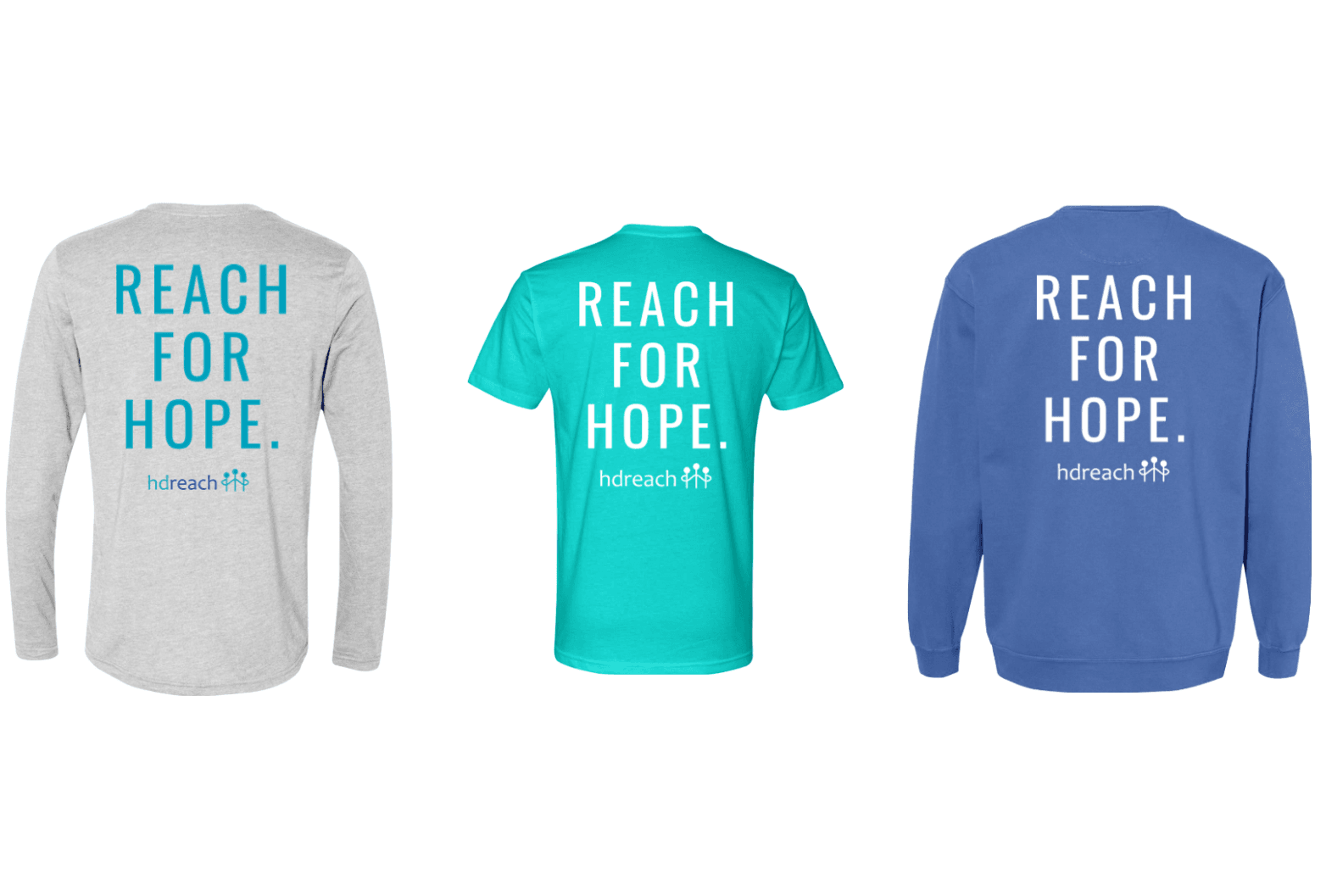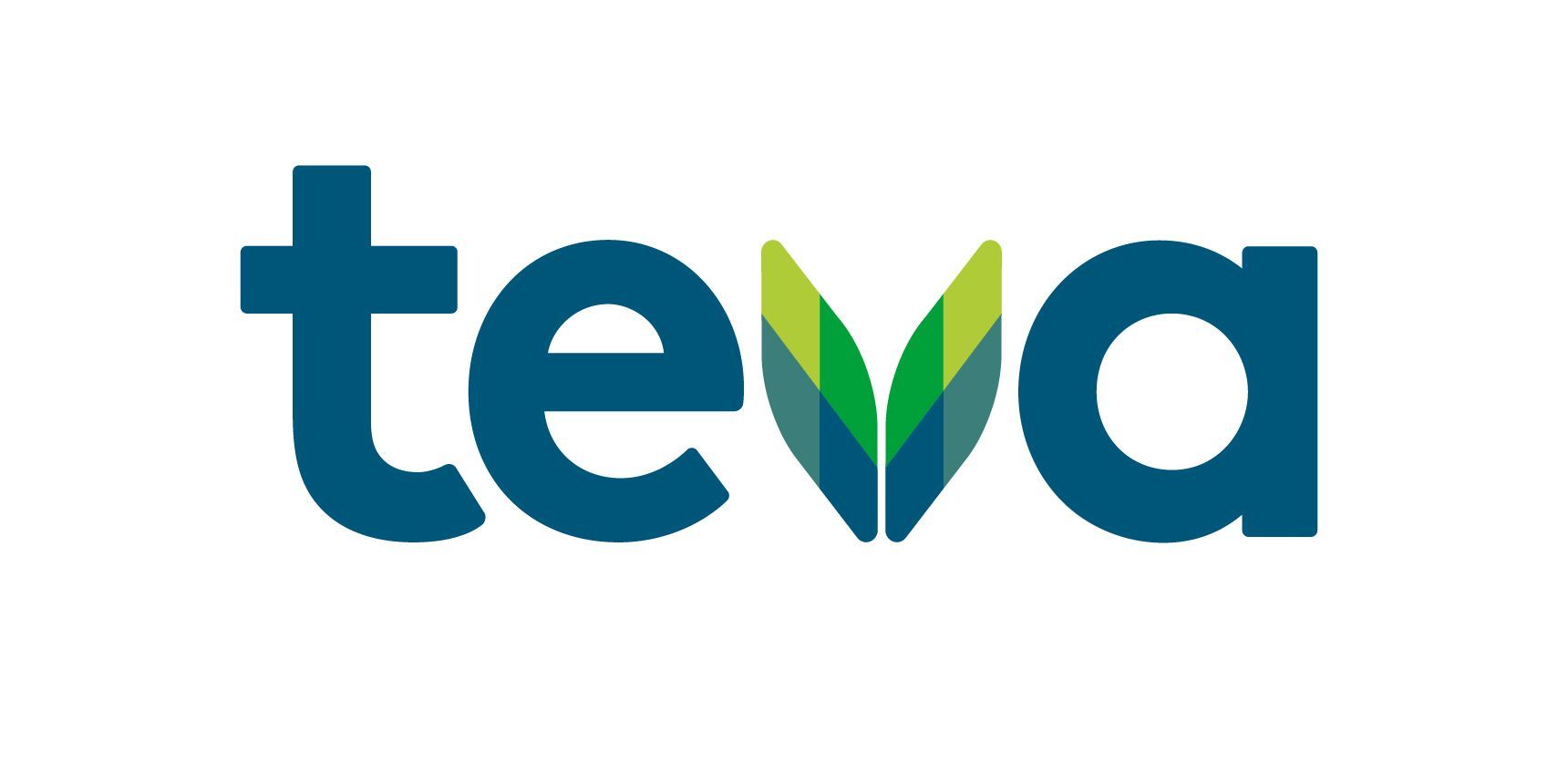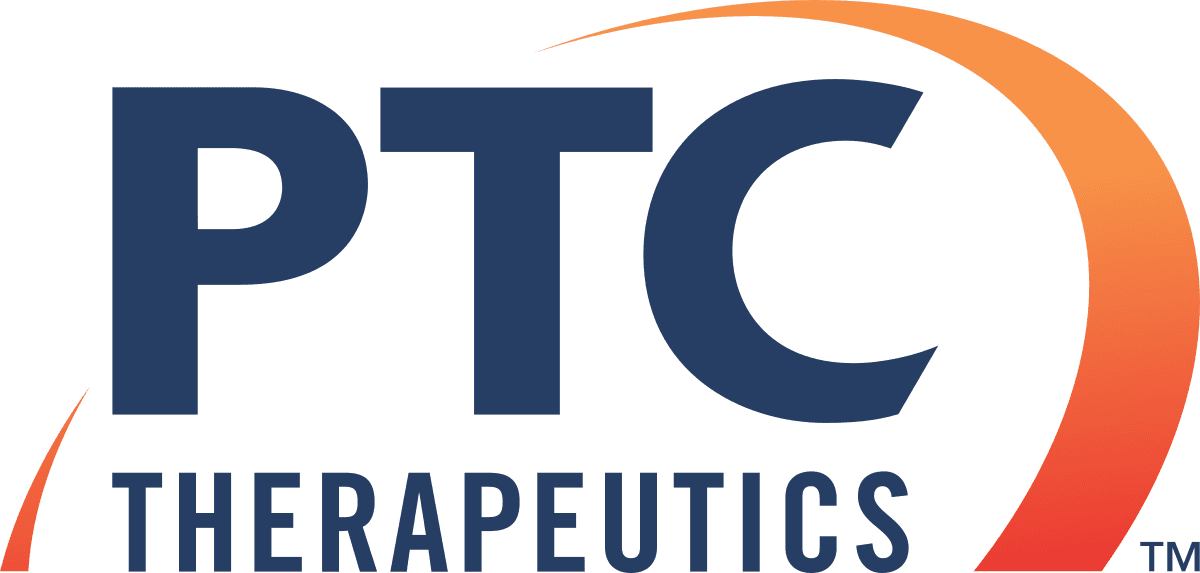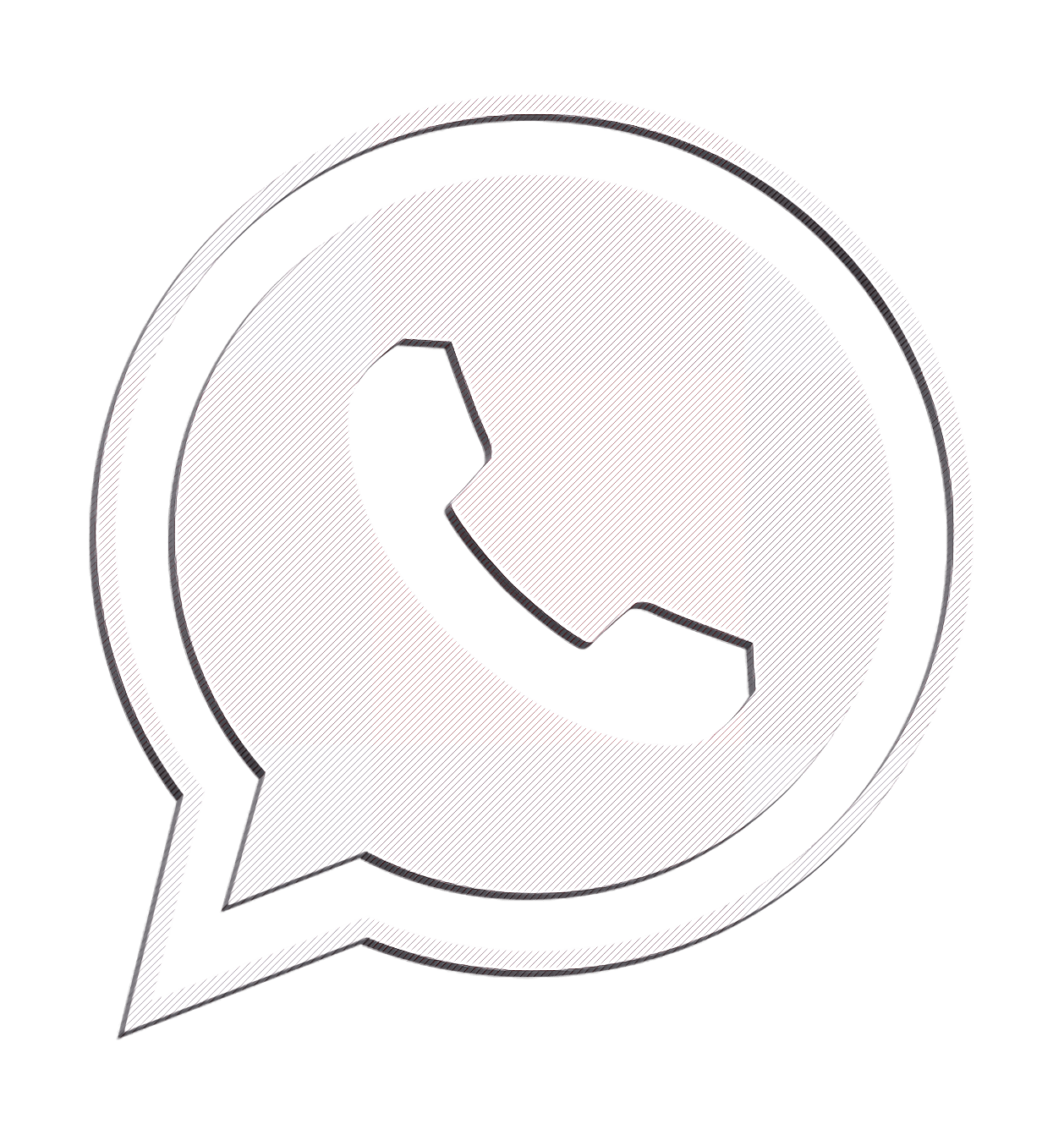May is both Mental Health Awareness month and Huntington’s Disease Awareness month. It is an excellent reminder to stop, take a breath, and reflect on how you are feeling. Whether you are someone at-risk for Huntington’s Disease (HD), someone going through the testing process, a person who has tested positive or negative for HD, or someone who loves a person with HD, your mental health matters.
For people who are at-risk, people going through testing, or people who have tested positive, it is very common to put yourself “under the microscope” looking for symptoms. For people who have tested negative, you might be dealing with survivor’s guilt. For people who love someone with HD, you might be overwhelmed and feeling helpless.
One good way to begin to help yourself is to reach out to others. If you are part of an HD community, talking to people in similar situations can be very helpful. If you don’t have a connection to others in an HD community, HD advocacy organizations such as HD Reach are a perfect place to start. Many HD advocacy organizations have counselors who have expertise working with people impacted by HD. There are also many support groups or social groups available for people impacted by HD.
Another way to address your mental health is to practice self-care. There are many different types of self-care. One type of self-care is physical. Some examples are exercising or being active, paying attention to your nutrition and hydration, working on getting enough sleep, and avoiding drugs and alcohol. Another type is emotional such as taking time to recognize your feelings, meditating, talking to others, and even engaging in something creative. A third is spiritual, thinking about your beliefs and values. A fourth is social, such as connecting with family, friends, and your community.
It is also very important to understand that you need to know your own limits. Many people impacted by HD worry that they will be a burden on others if they ask for help. The truth is that asking for help is a sign of strength. If you are someone who has a difficult time asking for help, I suggest starting with something small. Maybe you can contact a friend and let them know you are having a difficult day. Ask them if they have a few minutes to talk to you. The conversation doesn’t even need to be about HD directly. Just making that connection can help to reset your emotions.
Another suggestion is to reframe HD. I often tell people impacted by HD, including caregivers, that it is okay to say, “I’m having a bad HD day”. This way you remind yourself that this day will pass and that you aren’t letting HD define who you are. It can also be helpful to remember to talk to yourself as “if you are someone you love”. What would you say to your family or friend if they were feeling anxious or depressed? You might remind them that they are not alone. You might suggest they take ten deep breaths or to go for a walk.
Finally, an exercise I recommend a lot when people feel overwhelmed is the 5, 4, 3, 2, 1 technique. When you are feeling anxious, I ask people to describe five thing they can see (the sky, your hands), four things they can feel (the floor, a chair), three things they can hear (sounds in nature, your breath), two things they can smell (a flower, your clothes), and one thing they can taste (gum, fresh air).
Remember, the only way you can take care of others is to make sure you take care of yourself. This May take time to check in with yourself. If you find your mental health needs an extra boost, give us a call. We are here to listen.




